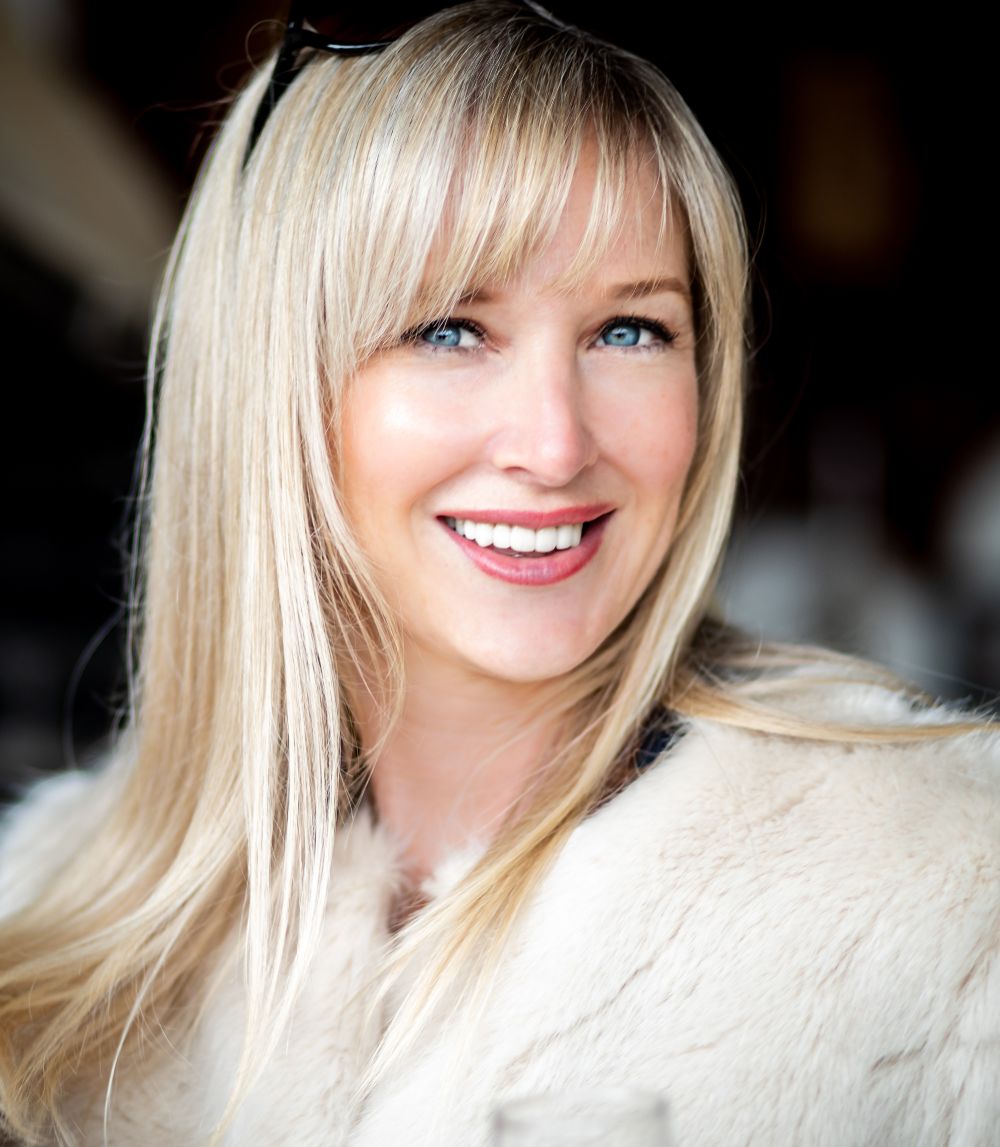How to use consumer research to survive a downturn

Hear what experts like Mark Ritson, Dr Grace Kite and professors from Harvard Business School have to say about leaning into research in troubled times.

In times of economic uncertainty, brand leaders are under pressure to cut costs. Consumer research is a common casualty of this economizing. However, many experts believe cutting research budgets is a false saving.
In fact, marketing experts and academics say research becomes even more important in a downturn, when consumer behavior is in flux. During an upturn, the cost of a failed campaign or idea is easily absorbed. But when money’s tight, the premium paid on a bad decision is much, much higher.
Investing in consumer insights may seem like a luxury right now, but history shows us it’s not just essential – it’s what separates the market winners from the losers.
Here’s how five experts recommend brands use research when the outlook is uncertain…
Prioritize business-critical decisions
“The cost of making even a moderately inaccurate decision is magnified in economically uncertain times. Yet, in a constrained environment, the funds may truly not be available.
“Develop a prioritization process to help decide which business initiatives deserve a greater share of the research budget based on potential gain from the investment or potential risk from failure. Remember the priority goes to support decisions the business must make, not to research ideas that appear most interesting.”
Mack Turner, ConsMack Turner Marketing Consulting and Insights
Do rigorous creative and messaging testing
“Just as important as knowing where to cut research is knowing where not to cut. When marketers are creating fewer new ads and introducing fewer new products, it is doubly important to use rigorous pretesting to select the strongest alternatives.
“In categories where the bases for consumers’ value judgments are changing, modest expenditures on copy research can prevent blowing much more money on ineffective messaging. Adding a few questions to standard tracking studies is a low-cost way to shed light on changes in customer attitudes and purchase behavior.”
John Quelch, Professor of Business Administration at Harvard Business School
Understand how your customer base is changing
“There are usually tiers within most established markets. As recession hits don’t mourn the loss of some of your traditional customers trading down and away from you. Look up to the premium customers who may well be in the elevator heading down to replace them.
“Hand in hand with a readjustment in targeting comes a review of product positioning. Your product or service might be the same, and the competitors just as they were before, but your customer has changed. They are now risk averse, keen to save, uncertain of the near future, tentative. These changes mean opportunity for those companies nimble enough to recognize and respond accordingly to market moves.”
Mark Ritson, Founder, Marketing Week Mini MBA in Marketing
Invest more into research and marketing than your competitors
“One combination has the greatest likelihood of producing post-recession winners: the one pursued by progressive enterprises. These companies’ defensive moves are selective. They cut costs mainly by improving operational efficiency rather than by slashing the number of employees relative to peers.
“However, their offensive moves are comprehensive. They develop new business opportunities by making significantly greater investments than their rivals do in R&D and marketing, and they invest in assets such as plants and machinery. Their post-recession growth in sales and earnings is the best among the groups in our study.”
Ranjay Gulati, Professor of Business Administration at Harvard Business School
Look for opportunities in shifting behavior
“Seize opportunities – they do arrive for some in recessions. If the world has been changing in favor of a particular sector in the run up, it could well be a beneficiary. During Covid, anything involving ecommerce or digital transformation benefitted.
“True, this was because of enforced staying at home. But it’s also true that many people and businesses simply accelerated behavior changes they’d already been planning.”
Dr Grace Kite, Founder and Managing Director of magic numbers
In conclusion
Accurate consumer insights give you the confidence to be nimble and bold – even in the toughest times. And brand leaders that put their consumers’ needs under the microscope and quickly adjust strategies in response to shifting circumstances will reap the benefits, now and later.
Get the consumer insight your brand needs to survive the downturn. Schedule a call with our research experts.
Tell us what you think of this article by leaving a comment on LinkedIn.
Or share it on:
